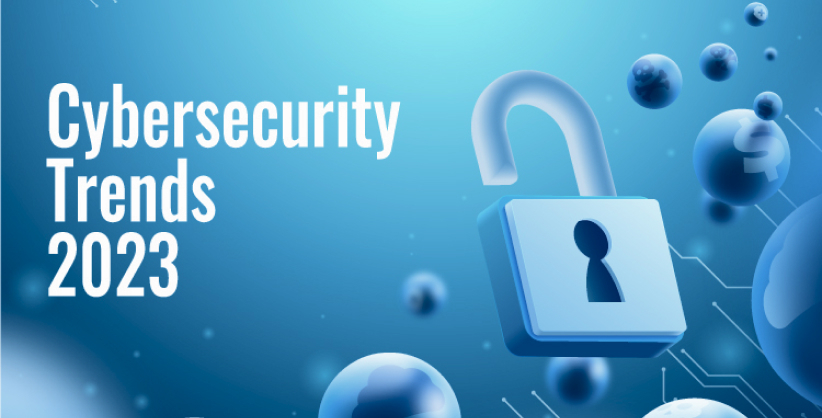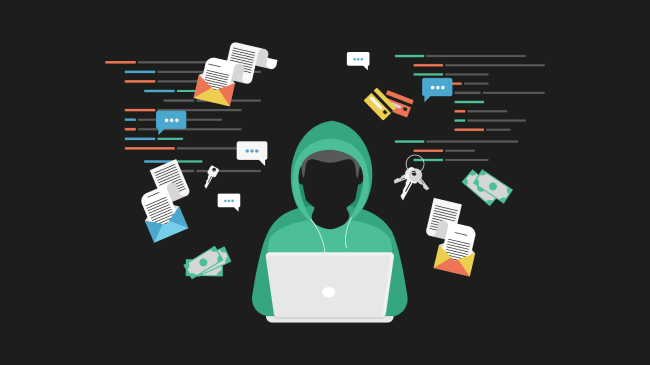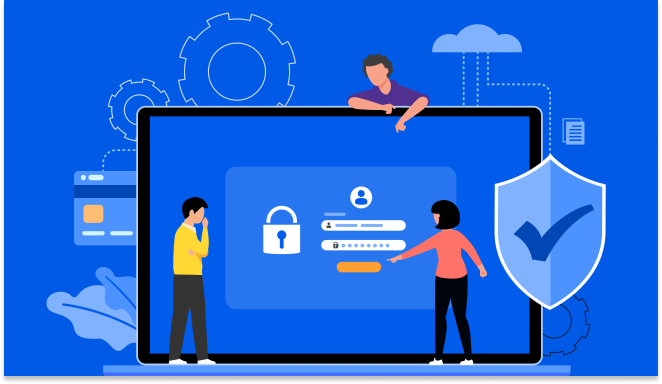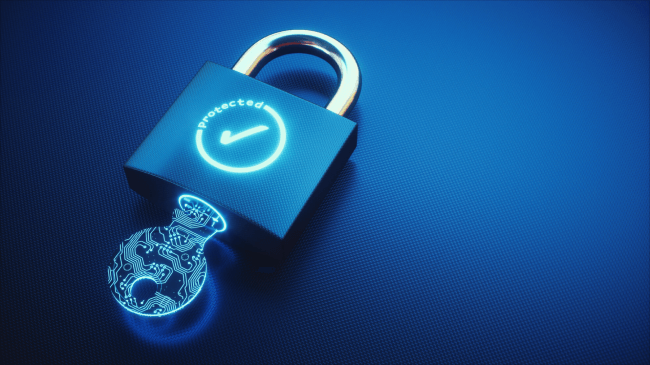Introduction:
In the digital world, cyberattacks are frequent, affecting various industries. Can you believe that a cyberattack takes place about every 39 seconds? That’s even quicker than a heartbeat! Despite their focus not being on making money like businesses, nonprofit organizations can still become targets of these attacks.
Surprisingly, a study shows that 71% of nonprofit organizations faced at least one cybersecurity incident just last year. This high number of attacks occurs because nonprofits often need to manage sensitive information, which makes them vulnerable targets for hackers.
Now, the big question is: How do nonprofits ensure that they are safeguarding the interests of their donors? One crucial approach is utilizing cybersecurity services, particularly when handling tasks like donations and payments.
This article delves into the vital role of cybersecurity for nonprofit organizations. We will also discuss the steps they can take to ensure the safety and security of their digital assets.
Is your Nonprofit Organization seeking to safeguard its valuable assets?
Join forces with LayerOne Networks, the trusted cybersecurity service provider in Corpus Christi. Reach out today to get started
Why are Nonprofit Easy Targets for Cyber Criminals?
Nonprofit organizations gather personal and financial data from donors, volunteers, and staff. This information is used for operations, fundraising, and promoting their cause.
Unfortunately, many nonprofits do nothing to protect this sensitive data from cyberattacks, making them easy targets for cybercriminals.
Here are a few reasons why:
- Limited Resources: Unlike big companies, nonprofits often have fewer people and less money to spend on security.
- Outdated Technology: Many nonprofits use old computer systems that hackers can easily break into. These systems can lead to hackers demanding a ransom to fix things.
- Altruistic Mission: Nonprofits are driven by a mission to help others, which can sometimes result in a focus on their cause rather than cybersecurity. This inadvertently creates gaps in their defenses that cybercriminals can exploit.
- Volunteer Challenges: Nonprofits rely on volunteers, but not all volunteers may know about online safety. Some volunteers might have different checks than paid workers.
With the increasing trend of online donations and digital payments, nonprofits must ensure the security of their payment processes to avoid falling victim to hacking attempts. When a cyberattack happens, it can hurt nonprofits a lot. People might lose trust in them, and support might drop. It can also create problems inside the organization, affecting the good work they do for others.
However, teaming up with a trusted cybersecurity service provider can help nonprofits protect their data. Experts will handle data security professionally, ensuring that their operations continue smoothly.
Common Cybersecurity Threats Impacting Nonprofits
Nonprofits face common cybersecurity threats that can jeopardize their operations and compromise sensitive information. Some of these threats include:
- Third-Party Vendor Data Breaches: Nonprofits often collaborate with external vendors. If these vendors experience data breaches, the nonprofits’ information could be exposed. Data breaches may lead to employee usernames, passwords, and personal financial data theft.
- Email Phishing Schemes: Cybercriminals use deceptive emails to trick employees into revealing sensitive information or clicking on harmful links. Phishing attacks can lead to data breaches and unauthorized access.
- Ransomware Attacks: Ransomware locks organizations out of their systems until a ransom is paid. Nonprofits can suffer from loss of access to critical data and disruption of services.
- Unprotected USB Drives: While it may seem small, using unprotected USB drives can expose nonprofits to risk. Hackers can exploit these drives to gain unauthorized access to confidential information.
Nonprofits can take several actions to mitigate these risks, such as:
- Regularly backup data to prevent devastating losses in case of a breach
- Use secure cloud storage services to safeguard information from third-party breaches.
- Secure USB drives by using trusted ports, avoiding leaving them in public spaces, and promoting good password practices.
- Guard against unprotected laptops by implementing strong passwords and VPNs (Virtual Private Networks) on public WiFi networks.
Furthermore, nonprofits can enhance cybersecurity by partnering with Managed service providers. These experts can manage security measures, set up secure VPN systems for remote work, and ensure that laptops and devices remain protected.
By staying vigilant and proactive, nonprofits can effectively safeguard their operations and the vital information they handle.
Read our tips for protecting your Email from cyber threats
Cybersecurity Services Comprehensive Checklist for Enhanced Threat Protection
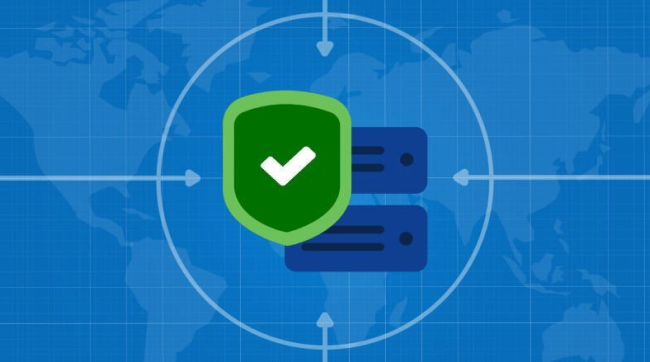
Cybersecurity is paramount for nonprofit organizations to ensure both safety and uninterrupted operations. Implementing these best practices can safeguard your organization’s assets, preserve donor information integrity, and uphold stakeholders’ trust.
Let’s delve into the essential measures required to fortify your organization against cyber threats:
Craft a Comprehensive Cybersecurity Policy
Develop a robust policy outlining your organization’s approach to cybersecurity. Cover crucial aspects such as data protection, powerful password management, defining employee responsibilities, incident response protocols, and guidelines for remote work and Bring Your Own Device (BYOD) usage.
Educate and Train Your Workforce
Provide cybersecurity awareness training to your staff and volunteers. Equip them with knowledge about prevalent threats like phishing and social engineering and train them to identify and report suspicious activities. Regular reinforcement of security protocols is vital.
Enhance Password Security
Encourage using strong, complex passwords while promoting the adoption of multi-factor authentication (MFA) wherever applicable. Discourage the reuse of passwords across multiple accounts and advocate using password management tools for secure storage.
Maintain Up-to-Date Software and Systems
Regularly update operating systems, software, and applications to shield against known vulnerabilities. Activate automatic updates when feasible or establish a robust patch management process to ensure timely updates.
Fortify Device and Network Security
Implement stringent security measures for devices (e.g., computers, laptops, mobile devices) and networks (e.g., firewalls, intrusion detection systems). Employ encryption for safeguarding sensitive data both during storage and transit.
Execute Regular Data Backups
Regularly back up critical data to secure off-site locations. Periodically test data restoration procedures to ensure the dependability of backups, mitigating data loss due to cyber incidents or hardware failures.
Implement Robust Email Security Measures
Employ email filtering and spam protection to identify and block malicious emails—train staff to recognize phishing attempts and avoid clicking on suspicious links or opening attachments from unknown sources.
Establish a Structured Incident Response Plan
Develop a well-defined and documented incident response plan outlining step-by-step actions during cybersecurity incidents. Assign roles, establish communication channels, and define escalation procedures to manage incidents effectively.
Conduct Periodic Security Assessments and Audits
Regularly perform cybersecurity assessments and audits to uncover vulnerabilities and weaknesses. Employ penetration testing and vulnerability scanning techniques to identify potential flaws in your organization’s systems.
Engage a Reputable Cybersecurity Partner
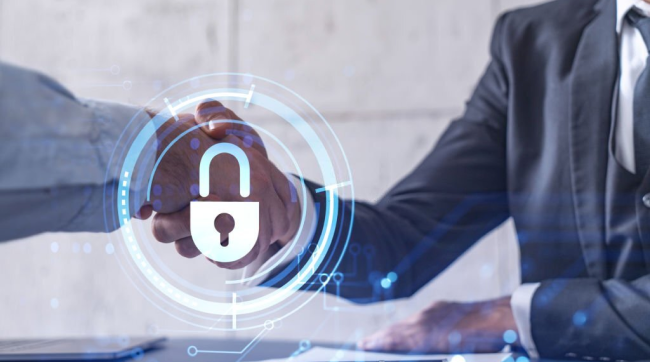
Consider collaborating with a specialized cybersecurity provider experienced in the nonprofit sector. They can assess your organization’s security posture, provide tailored recommendations, and assist with incident response.
Remember, cybersecurity is an ongoing commitment. Stay informed about evolving threats and best practices, and routinely review and update your security measures to stay ahead of emerging risks. Teaming up with an IT consulting firm specializing in cybersecurity will streamline your organization’s security efforts, ensuring uninterrupted operations and shielding your nonprofit from malicious cyber threats.
Partner with Cybersecurity Experts to Safeguard Your Reputation
Ensuring strong cybersecurity is a must for nonprofits. One way to do this is to have a team of IT experts who focus on keeping your organization’s data safe from cyber criminals. But if having a full-time team isn’t possible, don’t worry! You can team up with Layer One Networks, a trusted security service provider in Corpus Christi.
Our skilled team will assist your nonprofit in getting the best from your technology. We will ensure that everything works seamlessly, letting you focus on your mission with the confidence that your data is safe.


